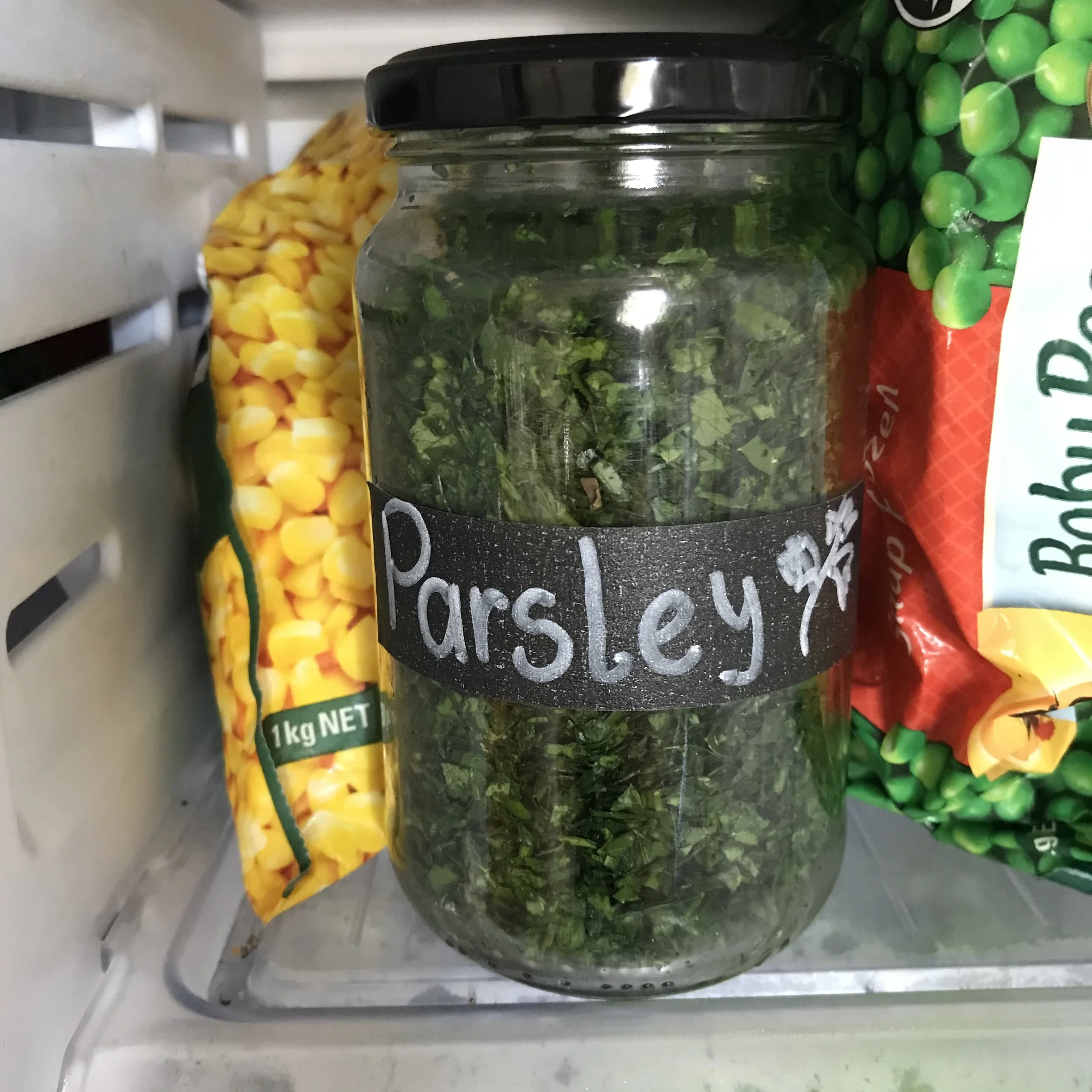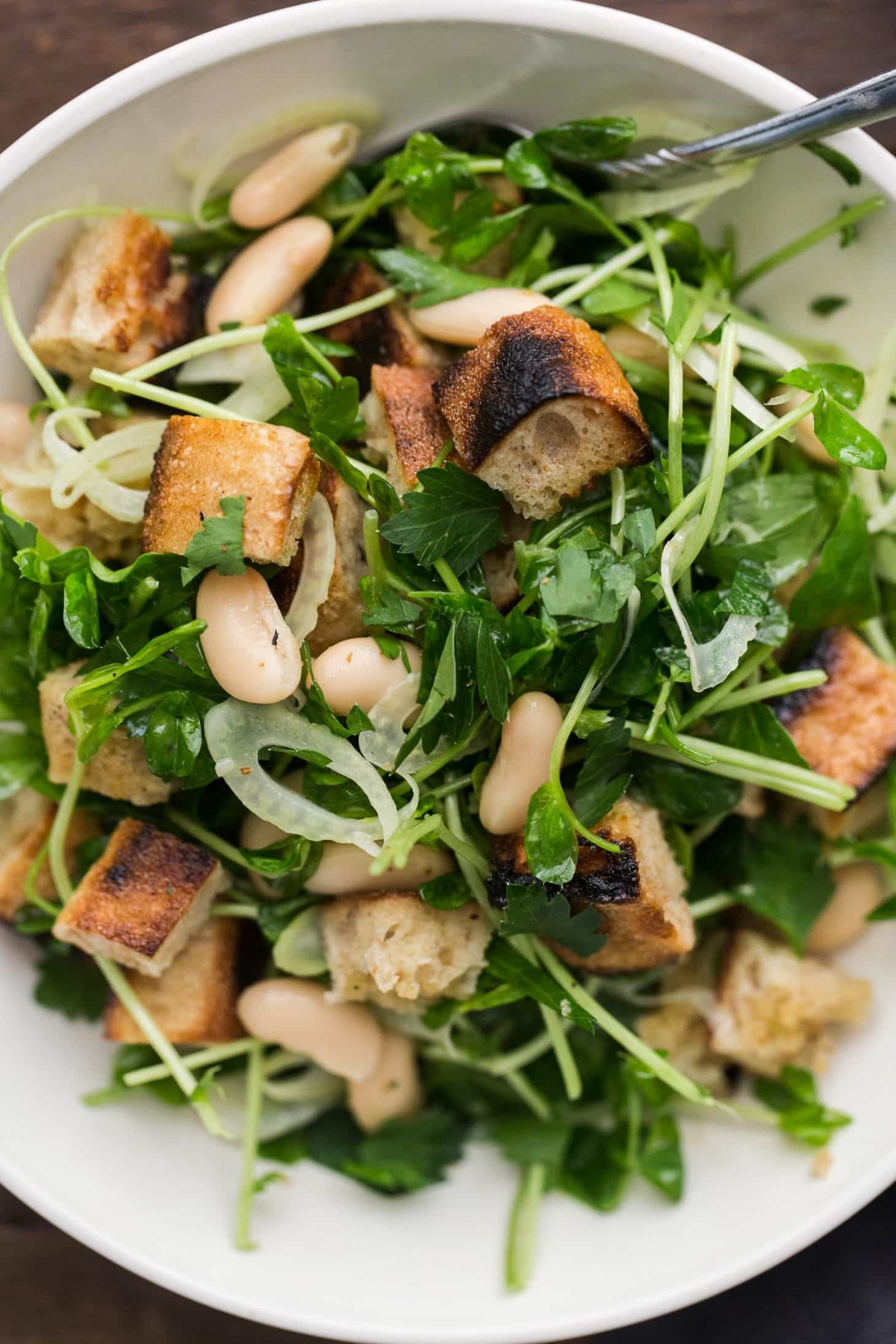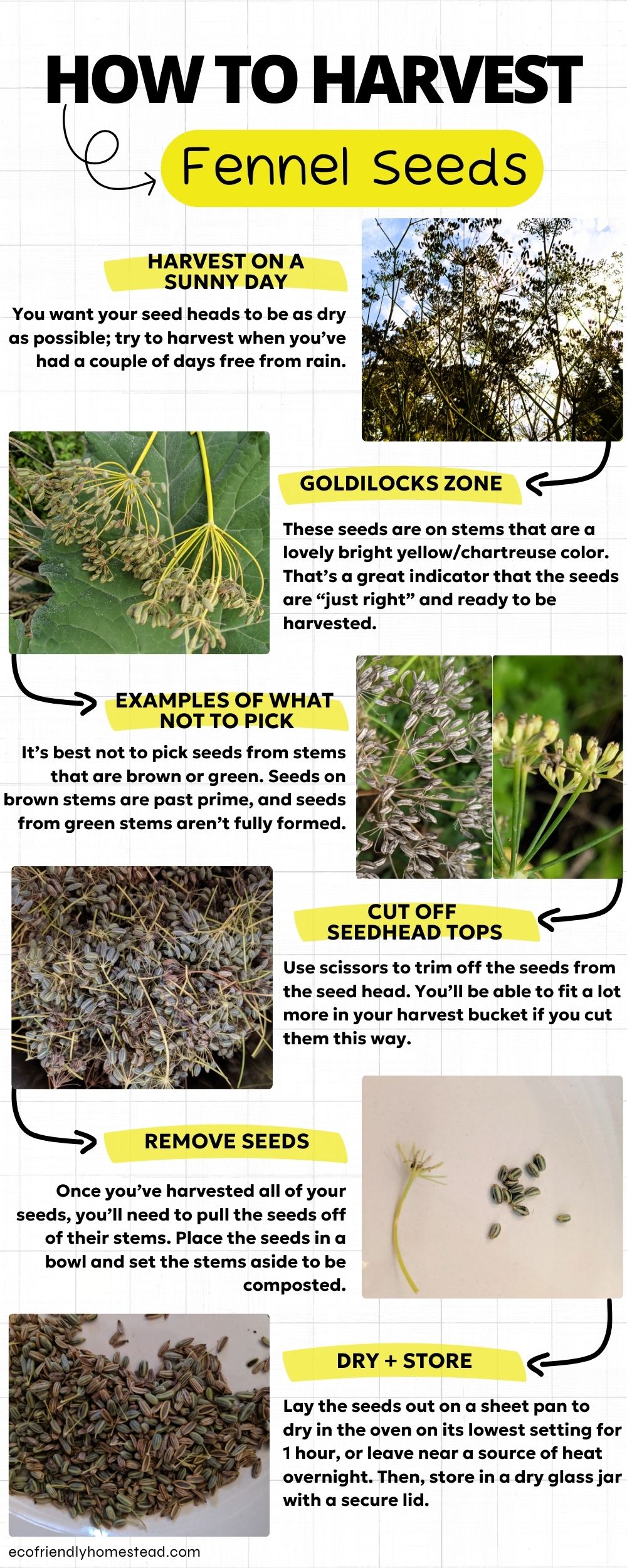Freezing fresh herbs like parsley, cilantro, and chives is not only a fantastic way to extend their shelf life but also an excellent method to preserve their vibrant flavors for future culinary uses. Whether you’re an avid gardener with an abundance of herbs or you’ve bought too much from the market, knowing how to properly freeze these delicate plants is essential for any home cook.
Why We Love to Freeze Fresh Herbs
Freezing herbs provides a convenient solution for preserving their freshness without resorting to drying, which can diminish their potent flavors. Frozen herbs are incredibly handy; they can be used directly from the freezer and added to various dishes, from soups to stews to marinades. It’s a simple practice that can save time and reduce food waste, making it a beloved technique among cooks.
Moreover, freezing is a versatile method suitable for many different types of herbs. Whether you have a soft herb like cilantro or a hardier one such as rosemary, each can find a place in your freezer. By locking in taste and nutrients, you can enjoy summer’s bounty even during the coldest months.
Understanding the best practices for freezing herbs can also enhance the ease with which you cook, allowing for more creativity and spontaneity in the kitchen. Let’s explore how to effectively freeze your favorite herbs and ensure a year-round supply of their delightful flavors.
What Are the Best Methods to Freeze Parsley and Cilantro?
When it comes to freezing parsley and cilantro, the key is to protect their delicate leaves from freezer burn and discoloration. The most recommended approach is to wash and dry these herbs thoroughly before chopping them finely and spreading them out on a baking sheet to freeze individually. Once frozen, you can transfer them to airtight containers or zipper-lock bags.
Another popular method is to freeze these herbs in oil. Simply fill an ice cube tray with chopped herbs and top each compartment with olive oil before freezing. This not only preserves the herbs but also creates a convenient cooking starter for future meals.
- Wash and dry herbs thoroughly to remove any dirt or moisture.
- Chop finely and spread on a baking sheet to freeze individually.
- Transfer to airtight containers or zipper-lock bags after freezing.
- For herbs in oil, fill ice cube trays with chopped herbs and olive oil.
Can You Freeze Parsley With Stalks?
Yes, you can freeze parsley with stalks, but it’s best to remove the thicker stems, as they can be woody and less desirable in dishes. The tender stems, however, can be chopped along with the leaves and frozen using the same methods mentioned above. Remember to label your containers or bags with the date and type of herb to keep track of freshness.
Is It Better to Freeze Fresh Herbs in Oil or Water?
Freezing herbs in oil can help preserve their flavor more effectively and also provides a ready-to-use cooking ingredient. However, freezing in water is another viable option, especially for making herb-infused ice cubes that can be dropped into soups or stocks. Ultimately, the choice depends on personal preference and intended use.
How to Freeze Fresh Herbs Using Ice Cube Trays?
Using ice cube trays is a clever and portion-controlled way to freeze fresh herbs. After chopping the herbs, pack them into the compartments of an ice cube tray, add water or olive oil, and freeze. Once frozen, pop the cubes out and store them in a freezer bag. This method is perfect for quick meal prep and ensures you have the right amount of herbs every time.
Expert Tips for Freezing Fresh Herbs
Experts suggest that blanching certain herbs before freezing can help retain color and flavor. For leafy herbs like basil, a quick dip in boiling water followed by an ice bath can make a significant difference. Additionally, consider creating herb blends or pesto to freeze, which can be directly added to dishes for a burst of flavor.
What Are the Common Mistakes When Freezing Herbs?
A common mistake is not drying herbs thoroughly before freezing, leading to ice crystals and freezer burn. Also, overcrowding herbs in containers can result in clumping. Make sure to freeze herbs in single layers or individual cubes for best results. Avoid freezing large, unchopped herbs as they can be difficult to use and may lose their flavor more rapidly.
Additional Questions on Freezing Herbs
Can You Freeze Fresh Parsley and Cilantro?
Yes, both parsley and cilantro can be frozen successfully. The key is to clean and dry them thoroughly, chop finely, and freeze in a single layer or in oil. This method preserves their fresh flavor and bright color.
Can You Freeze Chives and Parsley?
Chives and parsley also freeze well. Chives can be snipped into small pieces and frozen flat on a tray before transferring to a container. Parsley should be treated similarly to cilantro, as described earlier.
What Is the Best Method to Freeze Fresh Herbs?
The best method often involves chopping herbs and freezing them individually on a baking sheet. Once frozen, they can be stored in airtight containers. Freezing in oil is a great option, particularly for herbs like parsley and cilantro that are commonly used in cooked dishes.
Is It Better to Freeze Cilantro in Water or Olive Oil?
While both methods work, freezing cilantro in olive oil can be more beneficial for cooking purposes as it adds flavor and reduces the risk of the herbs getting freezer burn.
In summary, learning how to freeze parsley, cilantro, chives, and other herbs is a valuable skill for any home cook. By following these tips and techniques, you can ensure that the vibrant colors and flavors of your herbs are preserved, making your dishes taste as fresh as the day you picked or purchased your herbs. Whether you choose to freeze herbs individually, in oil, or in water, the convenience of having these seasonings on hand will be a game-changer in your culinary endeavors.







This was super helpful! I always end up with more herbs than I can use, and they go bad so quickly. I love the idea of freezing them in olive oil for a quick flavor boost in my cooking. Can’t wait to try this out and cut down on waste. Thanks for the tips!